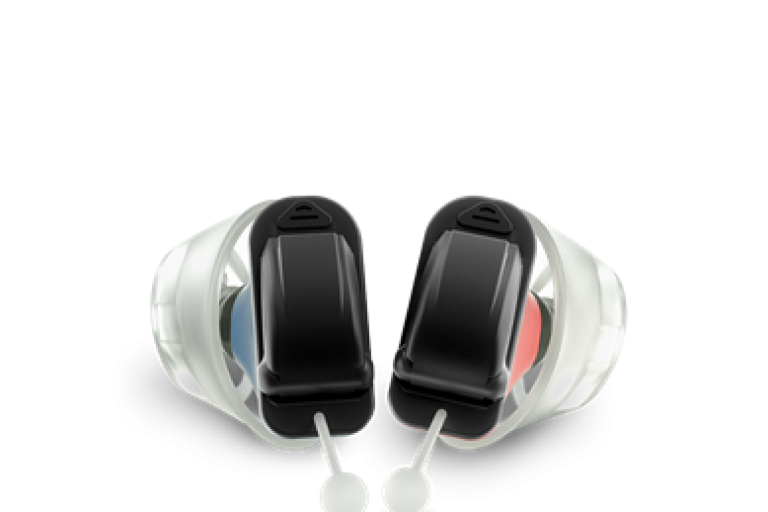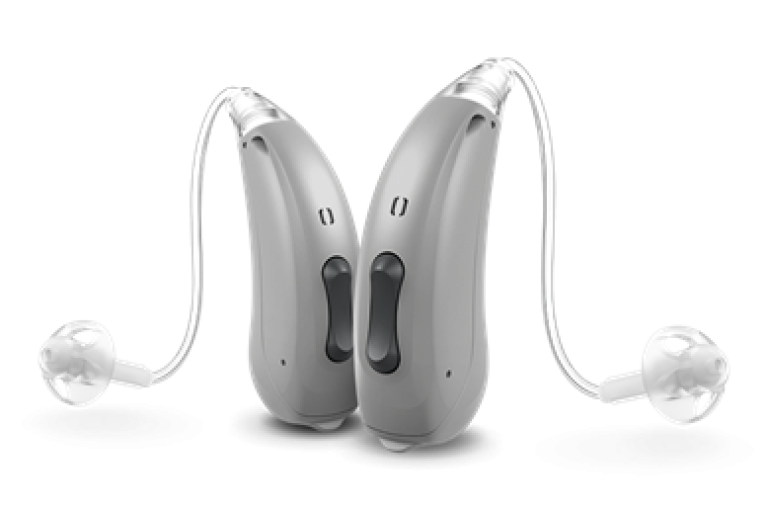What our customers say about us
“My Widex hearing aids have transformed my life both social and working. They are truly wonderful and are excellent in meetings, church, crowded areas, theatre and many, many other areas. Even my husband has marked on the improvement in my hearing with these aides. Before being fitted with Widex hearing aids, I had difficulty in hearing what was being said in many situations in my social and working life, in particular in meetings and crowded areas with my old hearing aids”
Mrs G, Co. Carlow
“The hearing test I was given was very thorough ,everything was explained to me at various stages of the procedure. I was not in any way pressurised to buy new hearing aides. Given the opportunity to wear them outside ,walking up and down the road taking in the sounds around me. Every now and then I was asked if I had any problems or questions regarding where we were in explaining each function of the aides. I would certainly recommend bonavox hearing specialists!”
S. James, Dublin




